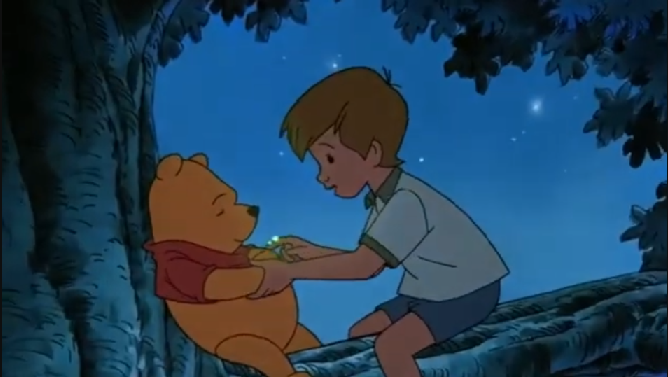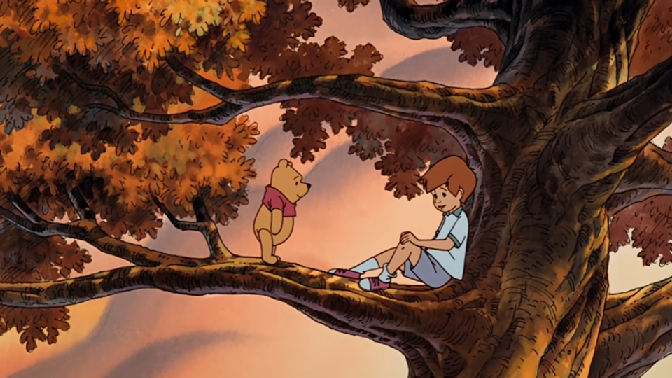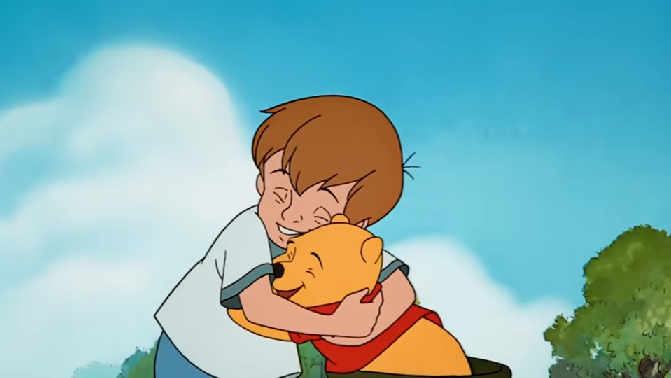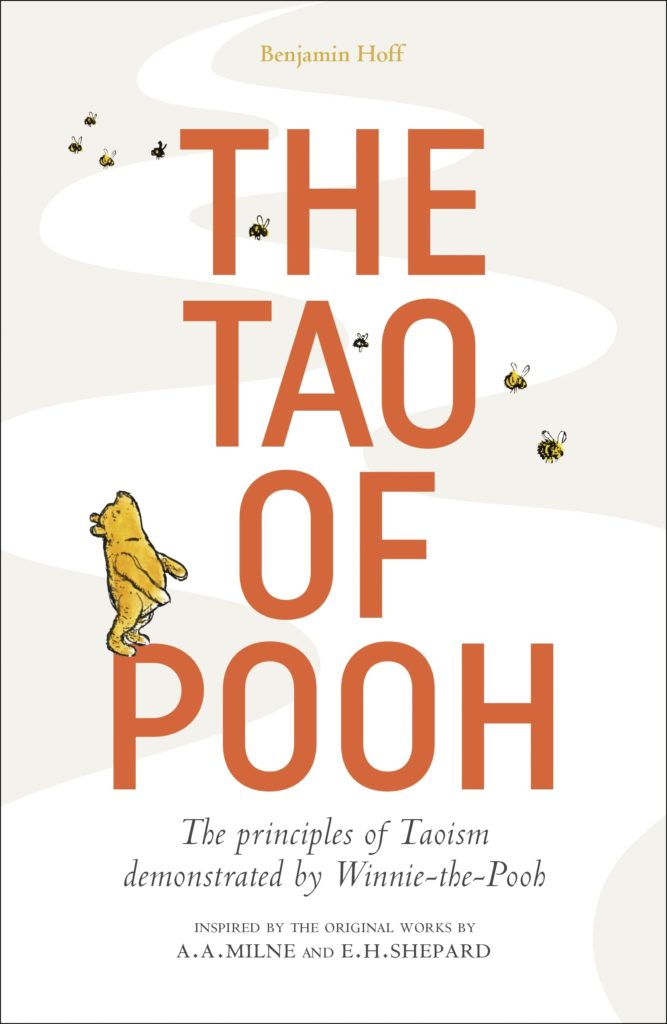
Winnie the Pooh, the lovable bear from the Hundred Acre Wood, may seem like an unlikely teacher of Daoism, but his adventures with his friends can actually teach us a lot about the principles of Wu Wei and the philosophy of the Dao.
Wu Wei is the practice of non-action or effortless action, while Daoism is a philosophy that emphasizes living in harmony with nature and the universe. Here are some lessons we can learn from Winnie the Pooh about Wu Wei and Daoism:
- Wu Wei is about going with the flow

Winnie the Pooh is a perfect example of someone who embodies the principle of Wu Wei. He doesn’t try to force things to happen or make things happen through effort or action.
Instead, he goes with the flow and lets things happen naturally. He takes things as they come and doesn’t try to impose his will on the world.
- Letting go of attachments

Another important lesson we can learn from Winnie the Pooh is the importance of letting go of attachments. Pooh doesn’t hold onto things, whether it’s food, possessions, or even ideas. He lives in the moment and doesn’t cling to the past or worry about the future.
This is an important lesson in Daoism, which emphasizes living in the present moment and letting go of attachments to things that can cause suffering.
- Simplicity is key

Winnie the Pooh’s simple and uncomplicated lifestyle is also a reflection of the Daoist philosophy of simplicity. He lives a simple life, with few possessions and minimal responsibilities.
He doesn’t worry about material things or status symbols. Instead, he focuses on the simple pleasures of life, like eating honey and spending time with his friends.
- Embrace nature

Daoism is all about living in harmony with nature, and Winnie the Pooh embodies this principle in many ways. He spends a lot of his time in the forest, surrounded by trees and animals.
He appreciates the beauty of nature and takes joy in the simple pleasures it provides. He is also respectful of nature and doesn’t seek to dominate or control it.
- Practice mindfulness
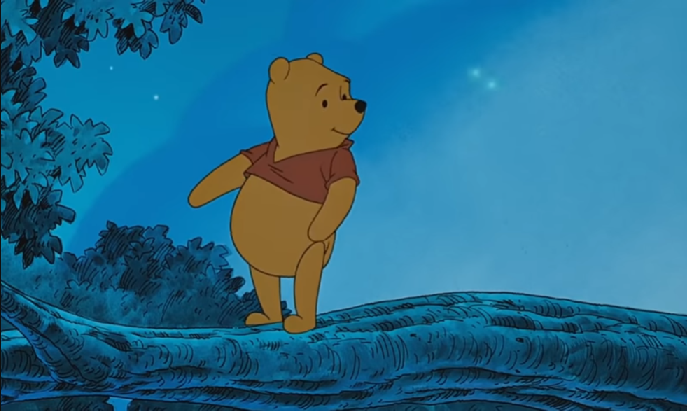
Mindfulness is an important aspect of both Wu Wei and Daoism, and Winnie the Pooh is a great example of someone who practices mindfulness in his daily life.
He is fully present in the moment and pays attention to the world around him. He is observant and takes note of small details that others might miss. This mindfulness helps him stay connected to the world and appreciate the beauty of life.
- Balance is key
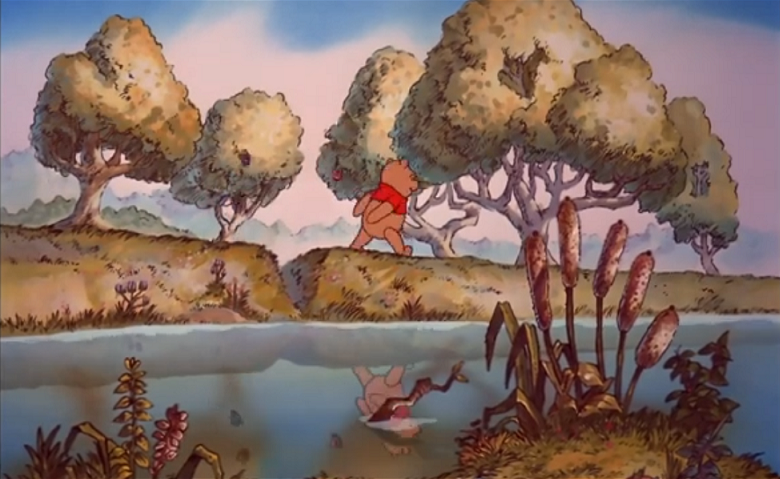
Another important lesson we can learn from Winnie the Pooh is the importance of balance. He doesn’t overindulge in anything, whether it’s food, play, or work.
He finds a healthy balance in everything he does, which helps him live a happy and fulfilling life. This balance is an important aspect of Wu Wei and Daoism, which emphasize the importance of finding harmony and balance in all aspects of life.
In Daoism, the concept of Yin and Yang is used to describe the balance of opposing forces in the universe. Winnie the Pooh embodies this principle in his relationships with his friends.
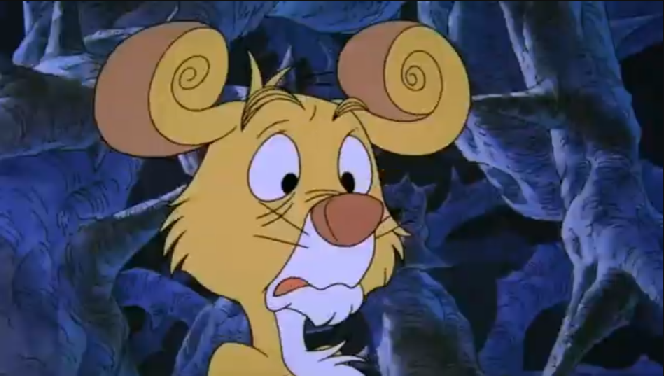
Each of his friends has a unique personality and brings something different to the group. Winnie the Pooh accepts them all as they are and values each of their contributions. By embracing the diversity and differences of his friends, he creates a harmonious and balanced community.
- Friendship is important

Finally, Winnie the Pooh teaches us the importance of friendship. His relationships with his friends, including Piglet, Tigger, and Eeyore, are a testament to the power of friendship and the importance of human connections.
In Daoism, relationships and connections are important aspects of living a fulfilling life. By cultivating deep and meaningful relationships with others, we can find happiness and purpose in life.
8. Natural spontaneity
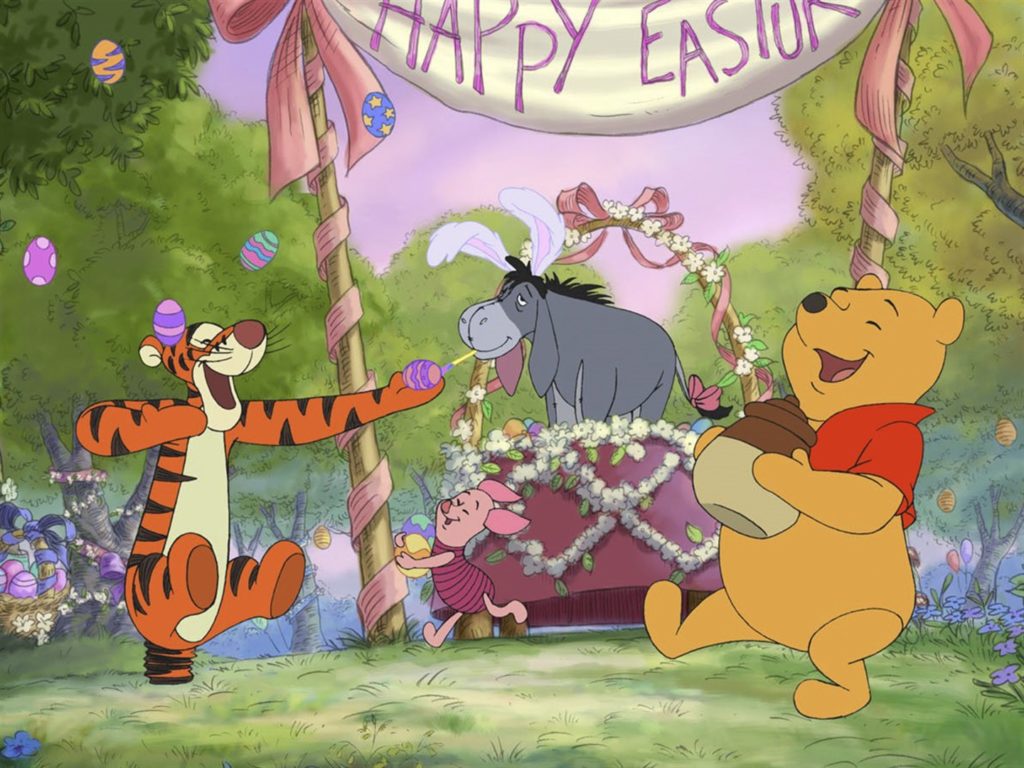
Another important aspect of Wu Wei is the idea of spontaneity. The practice of non-action is not about being passive or lazy, but about being spontaneous and allowing things to unfold naturally.
Winnie the Pooh is a great example of someone who lives in the moment and is open to new experiences. He doesn’t have a rigid plan or agenda, but instead follows his instincts and allows his adventures to unfold spontaneously.
While Winnie the Pooh may seem like an unlikely teacher of Daoism and Wu Wei, his simple and uncomplicated lifestyle embodies many of the principles of these philosophies.
By following his example, we can learn to live in harmony with nature, embrace simplicity, practice mindfulness, find balance in our lives, and cultivate deep and meaningful relationships with others. Winnie the Pooh shows us that by letting go of attachments, living in the present moment, and going with the flow, we can live a happy and fulfilling life.
Conclusion

In conclusion, Winnie the Pooh may seem like a simple children’s character, but his adventures and philosophy teach us valuable lessons about Wu Wei and Daoism.
By following his example, we can learn to live in harmony with nature, embrace simplicity, practice mindfulness, find balance in our lives, and cultivate deep and meaningful relationships with others. By letting go of our attachments and going with the flow, we can find happiness and fulfillment in our lives.
Winnie the Pooh shows us that sometimes the simplest things in life are the most profound. We hope you enjoyed this article! Feel free to check out our other content about Winnie the Pooh or your favorite Disney series.

